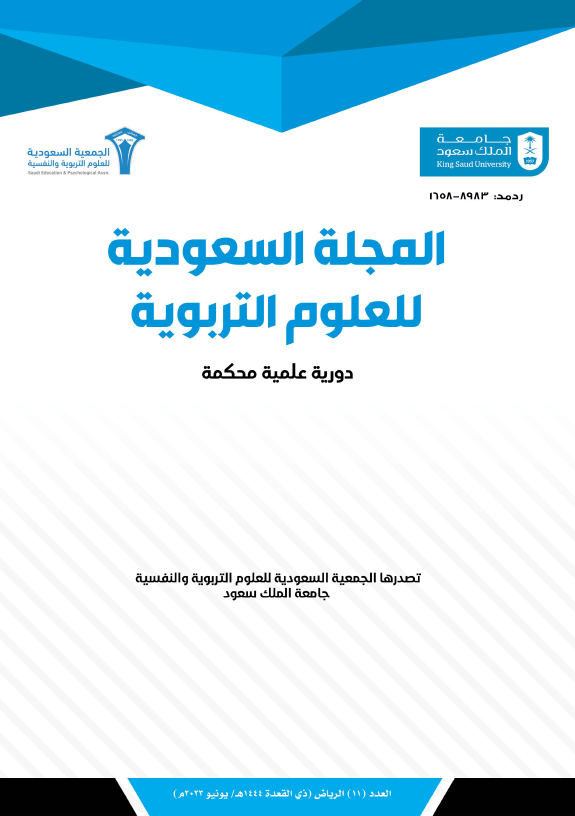Systemic Thinking Skills as a Predictor of Cognitive Representation Efficiency among Gifted Students at Secondary Schools in Al-Ahsa
Keywords:
Systemic Thinking Skills, Cognitive Representation Efficiency, Gifted Students.Abstract
The aim of the present study is to measure the level of systemic thinking and of the cognitive representation efficiency, and the predictive capability of systemic thinking in the cognitive representation efficiency among the gifted students at the secondary level in Al-Ahsa. In order to achieve the objectives of the study, the descriptive correlational approach was adopted, and the two scales of the cognitive representation efficiency prepared by the researcher and the systemic thinking skills prepared by El-Ballah (2021) were applied to a sample consisting of (81) gifted students, including (26) male and (55) female at the secondary schools from public education schools in Al-Ahsa. The findings showed that the study sample has a high standard of systemic thinking skills and the cognitive representation efficiency. In addition, the regression analysis demonstrated the predictability of cognitive representation efficiency through three dimensions of systemic thinking skills, which includes skills of comprehension of systemic relationship, systemic analysis skills, and systemic synthesis skills. In light of the results, some recommendations and suggestions were made




